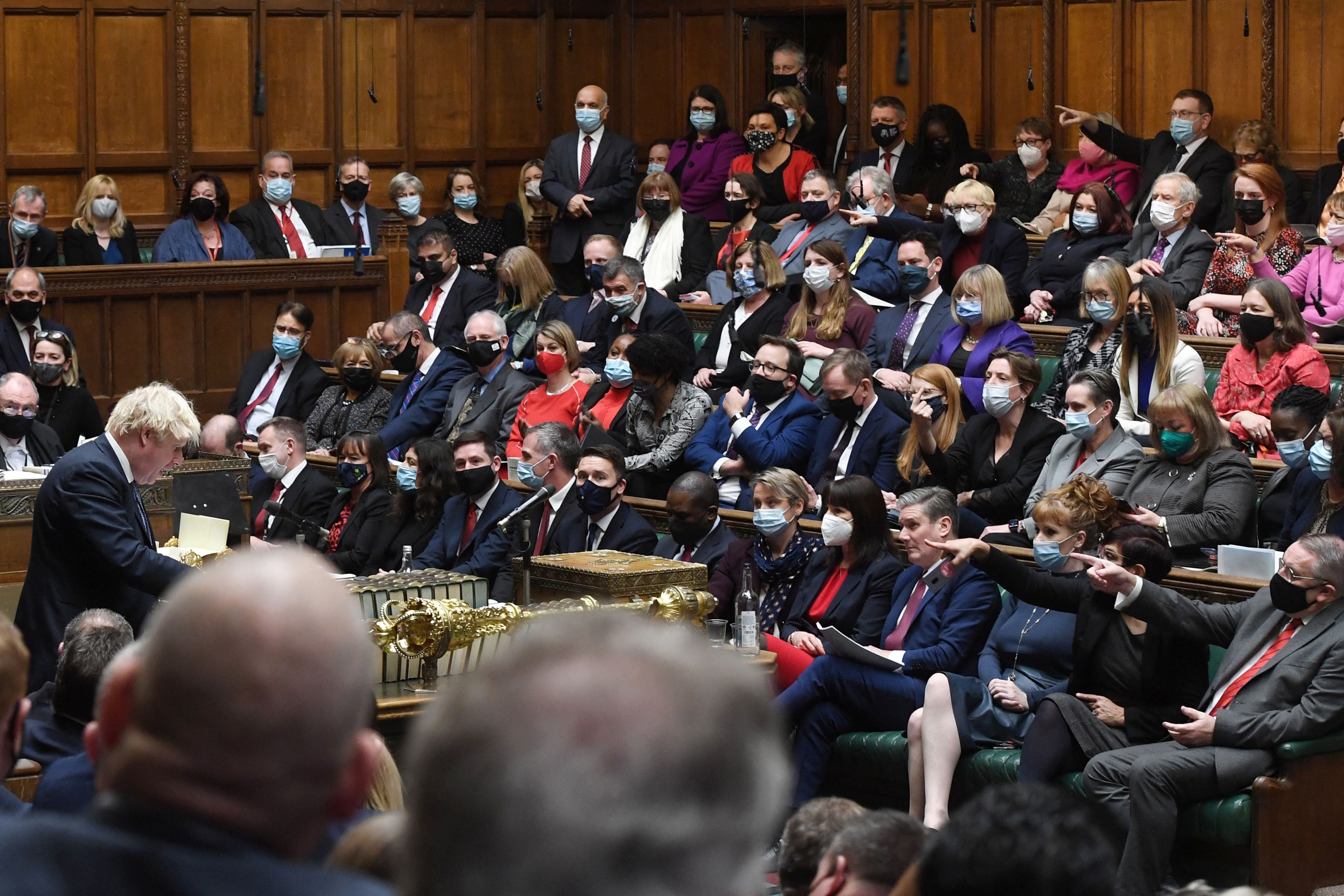How party politics became a fractious affair
As the Tories rebel against plan B, Sean O’Grady looks at previous revolts


The sizeable Tory parliamentary rebellions on the plan B proposals – there were three different measures that particularly irked the MPs – have to be set in some context.
The Conservatives have become a party of factions, serial plotters and rebels. Go back in history far enough and you’ll discover the famous old aphorism that the loyalty is the Conservatives’ secret weapon. Throughout the Macmillan government (1957-63), for instance, the government didn’t lose a single vote. Under the often turbulent Thatcher years rebellions were few, and on relatively minor measures, such as Sunday trading. Even under John Major’s long torture, his often minority government still managed to get difficult legislation, not least the Maastricht Treaty, onto the statue book, albeit sometimes saved by opposition parties.
Nowadays, rebelling is almost routine, and even a working majority of 80-plus is no defence. Once a backbencher tastes the forbidden fruit of travelling though the “wrong” lobby there can be no going back. So far the second Johnson (majority) government has lost or pulled a variety of votes, especially on free school meals and universal credit. Yet this latest defiance is the most serious. Why so?
First, there are simply more libertarians on the Tory benches than there used to be. Put simply, they really do believe that fundamental liberties are imperilled by masks and “vaccine passports”.
However, MPs can also choose to vote against their own government (outside a formal vote of confidence) as a protest, to send a message to the leadership, just as voters tend to in by-elections. This is even more so where there’s little personal downside, there is “safety in numbers”, and Labour has pledged to back the government, so there’s no chance of any inadvertent defeats. Given the recent travails of the prime minister – sleaze, tax hikes, HS2, partygate – it would be surprising if Tory politicians fed up with defending the indefensible only to find the government has done a U-turn didn’t send want to send a message.
Johnson is probably lucky that the key votes fell before the North Shropshire by-election and the report by Simon Case, cabinet secretary, into partygate, and before he “cancels Christmas”.
Much is made of the supposed weakness of the House of Commons, and now it is treated with contempt by this administration; and there is much in that. However, recent years have shown that MPs on all sides are perfectly capable of taking back control, whether the government has a formal majority or not. Party discipline is generally much weaker these days (see also the parliamentary Labour Party’s attempts to depose Jeremy Corbyn), and that may be no bad thing.



Join our commenting forum
Join thought-provoking conversations, follow other Independent readers and see their replies
Comments